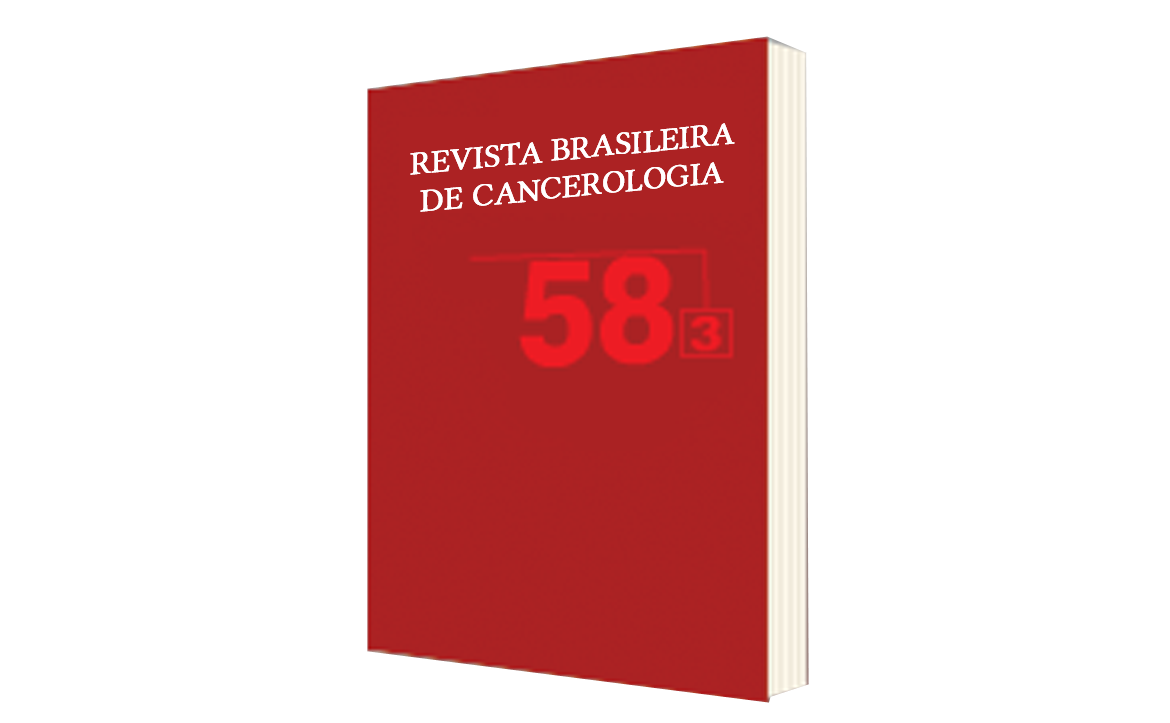Analysis of the Diagnostic Disagreements in Cytopathologic Exams from the External Quality Assurance Program in the State of São Paulo, Brazil, 2000-2010
DOI:
https://doi.org/10.32635/2176-9745.RBC.2012v58n3.605Keywords:
Quality Control, Cytodiagnosis, Uterine Cervical Neoplasms/diagnosis, Uterine Cervical Neoplasms/ pathology, Mass Screening, Cervix Neoplasms PreventionAbstract
Introduction: The External Quality Assurance Program of cervical cytophatology exams carried out by the Brazilian Unified Health System was proposed by the Ministry of Health to improve the performance of cytology laboratories of the Public Health Network. Objective: To evaluate the disagreement between the diagnoses of cytology laboratories and the revision by the External Quality Assurance Program in the state of São Paulo, from 2000 to 2010. Method: Retrospective comparison of the original cytologic diagnoses issued by the Public Health Network Laboratories with the revision of the cervical cytophatology exams. Results: Of the 123,002 samples reviewed, 16,581 (13.48%) had diagnostic disagreement. In 14,313 (11.64%) of them, there was a divergence between the clinical approach used and that advocated by the Brazilian National Cancer Institute - José Alencar Gomes da Silva (INCA). False-positive samples were 2,530 (2.06%) and 2,154 were false-negative (1.75%). The sensitivity was 92.02% and specificity was 96.49%. Kappa index showed good agreement (0.77) between the original and the revised diagnoses. Conclusion: Besides the set of basic activities proposed by the Ministry of Health, the External Quality Assurance Program of the state of São Paulo highlights the continuing educational activities that were implemented, which were adopted to promote the continuing education towards the standardization of cytomorphological criteria and the consequent reduction of false-negative and false-positive results.









